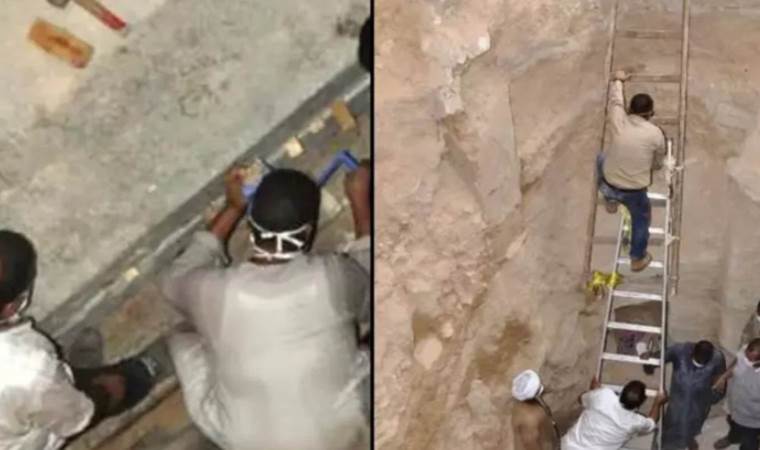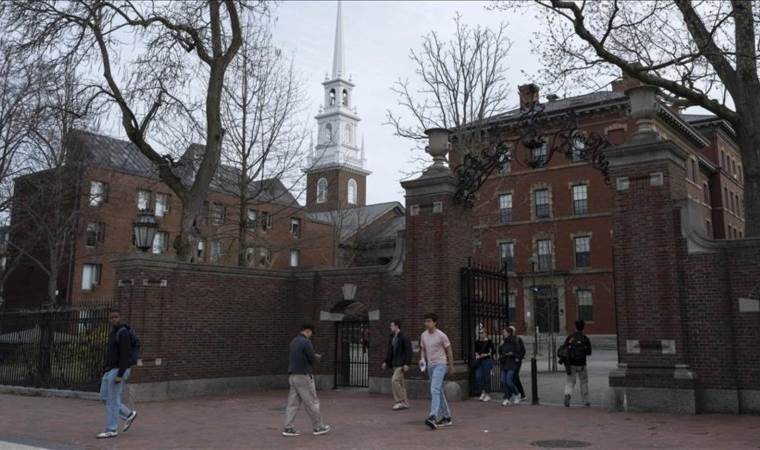2000-year-old sarcophagus unveiled in Alexandria, revealing ancient secrets
Archaeologists from Egypt's Ministry of Antiquities have opened a 2,000-year-old giant black sarcophagus in Alexandria's Sidi Gaber district.

Measuring 2.5 meters, this sarcophagus, dating back to the Ptolemaic period (323-30 BCE), is the largest ever found in the area.
Upon opening the unbreached sarcophagus, the team encountered not cursed relics, but a sludge of sewage that had infiltrated from a nearby road. The overpowering stench required an hour-long airing before further inspection.
Inside lay three male skeletons, likely officials or possibly military members or priests, as identified by mummy and skeleton specialist Shaaban Abdel Moneim. The absence of inscriptions suggests they were not royal.
The skeletons are slated for transfer to the Alexandria National Museum for restoration and study, including investigations into their death and dating. Removing the sarcophagus, however, presents a challenge. Waad Abul-Ela, head of the Projects Sector at the Ministry, has detailed a two-part process for its careful extraction, emphasizing the preservation of its historical value.
Most Read News
-
 China integrates AI into undergraduate studies
China integrates AI into undergraduate studies
-
 South Korea, US to hold trade talks this week
South Korea, US to hold trade talks this week
-
 Germany cuts economic growth forecast to stagnation for
Germany cuts economic growth forecast to stagnation for
-
 6.3 magnitude earthquake strikes off Indonesia’s Talaud
6.3 magnitude earthquake strikes off Indonesia’s Talaud
-
 Kremlin says Putin open to talks on civilian strikes mor
Kremlin says Putin open to talks on civilian strikes mor
-
 South Korean military holds live-fire drills near inter-
South Korean military holds live-fire drills near inter-
-
 Wife of former US Senator Menendez found guilty in bribe
Wife of former US Senator Menendez found guilty in bribe
-
 Harvard University sues Trump administration over fundin
Harvard University sues Trump administration over fundin
-
 Zelenskyy demands Russian clarity over strikes on civili
Zelenskyy demands Russian clarity over strikes on civili
-
 Pope Francis' funeral to take place on April 26, Vatican
Pope Francis' funeral to take place on April 26, Vatican










